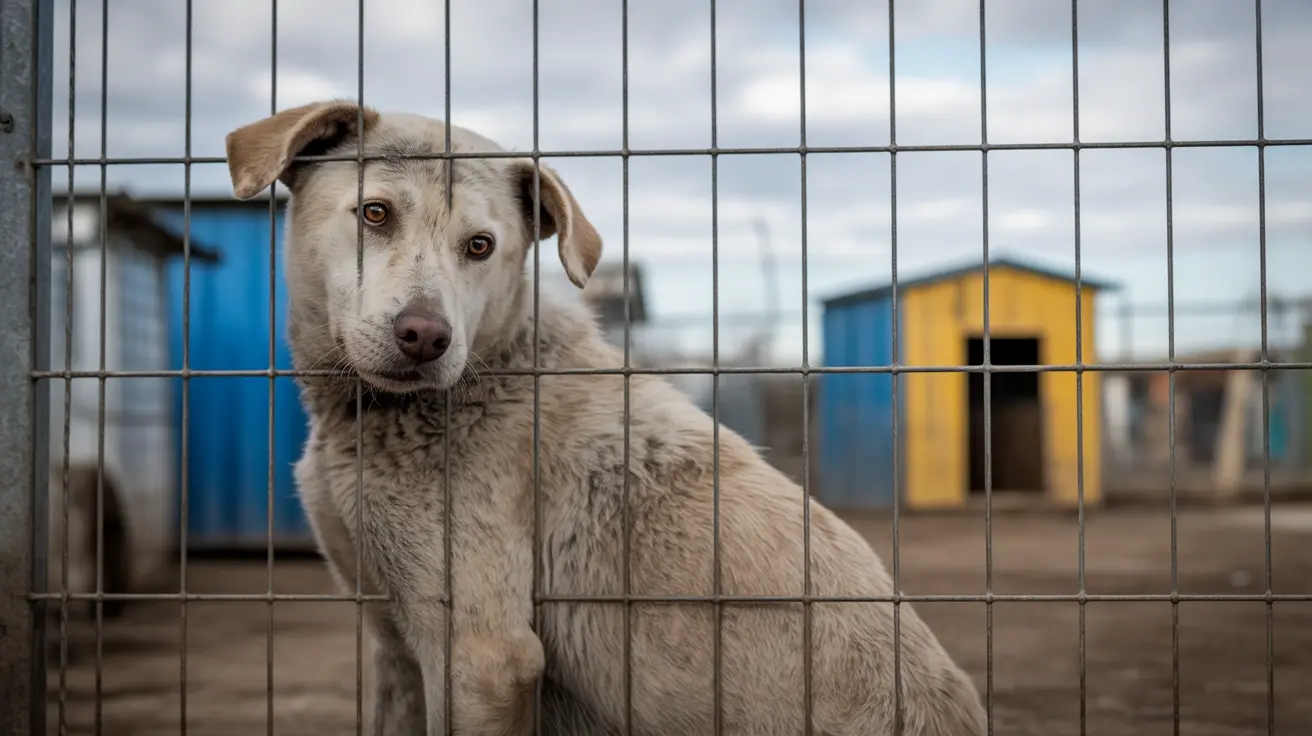Current State of Animal Protection in Germany
The existing framework of animal protection in Germany's constitution provides robust safeguards for animals across various settings. These protections extend from household pets to livestock, establishing clear guidelines for animal care and management. However, animal welfare organizations have recently expressed concerns about potential backsliding in commitment to these standards.
German Farm Animal Welfare Regulations
The current regulations governing farm animals in Germany set specific requirements for housing, feeding, and general care. These standards include:
- Minimum space requirements for livestock
- Regular veterinary inspections
- Specific feeding and water access guidelines
- Restrictions on certain farming practices
Challenges in Animal Welfare Reform
Recent attempts to strengthen the German Animal Welfare Act face several obstacles. Agricultural interests and political considerations have created delays in implementing new protective measures. These challenges particularly affect:
Torture Breeding Dog Breeds Germany
The concept of "torture breeding" (breeds with harmful genetic characteristics) remains a significant concern. Current discussions focus on implementing stricter breeding regulations to prevent health issues in certain dog breeds.
Stray Cat Castration Laws
Efforts to manage stray cat populations through mandatory castration programs continue to evolve, though implementation varies by region. Some municipalities have taken stronger measures than others in addressing this issue.
Future Developments and Proposed Changes
The path forward for animal welfare reform in Germany through 2025 includes several key proposals:
- Enhanced pet registration requirements
- Stricter regulations on animal trade
- New guidelines for breeding practices
- Updated standards for farm animal care
Frequently Asked Questions
What are the key animal welfare laws in Germany and how do they protect pets and farm animals?
Germany's Animal Welfare Act provides comprehensive protection for both pets and farm animals, including requirements for proper housing, care, and medical treatment. The constitution specifically recognizes animal welfare as a national objective, setting standards for both domestic and commercial animal care.
Why is the amendment to Germany's Animal Welfare Act facing delays?
The proposed amendments face challenges due to competing interests between animal welfare advocates and agricultural stakeholders. Political negotiations and industry concerns about implementation costs have contributed to these delays.
What does "torture breeding" mean in Germany, and which dog breeds are affected?
"Torture breeding" refers to breeding practices that result in genetic characteristics causing health problems or suffering in animals. This concept in German law aims to prevent breeding that produces animals with harmful physical traits that impact their quality of life.
Moving Forward
While Germany maintains its position as a leader in animal protection, ongoing debates highlight the challenges of balancing various interests while advancing animal welfare standards. The country's commitment to animal protection remains strong, though the path to implementing enhanced protections requires continued engagement from all stakeholders.
Maintaining and improving animal welfare standards requires ongoing vigilance and adaptation to new challenges. As Germany continues to evolve its approach to animal protection, its experiences offer valuable lessons for other nations working to enhance their own animal welfare frameworks.






